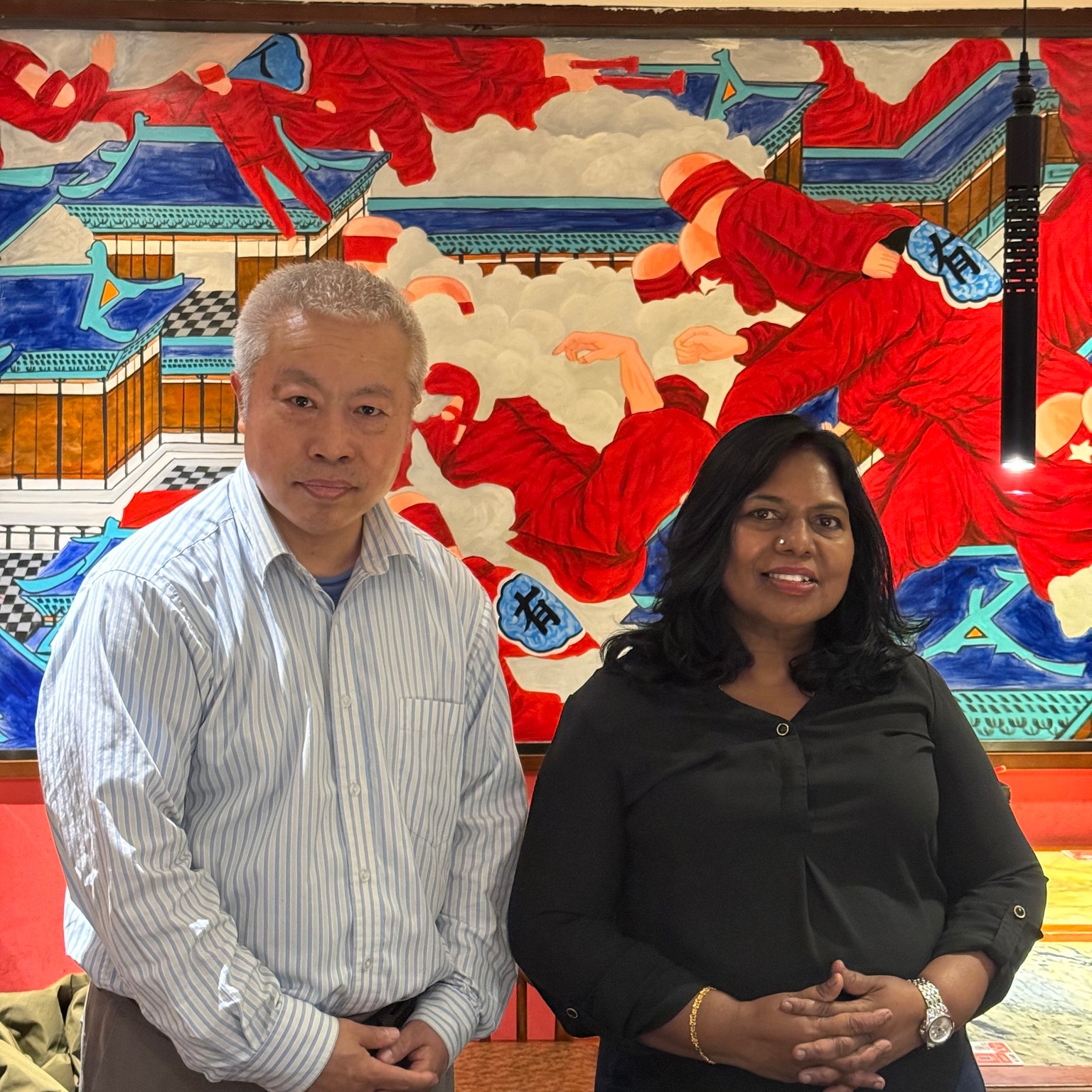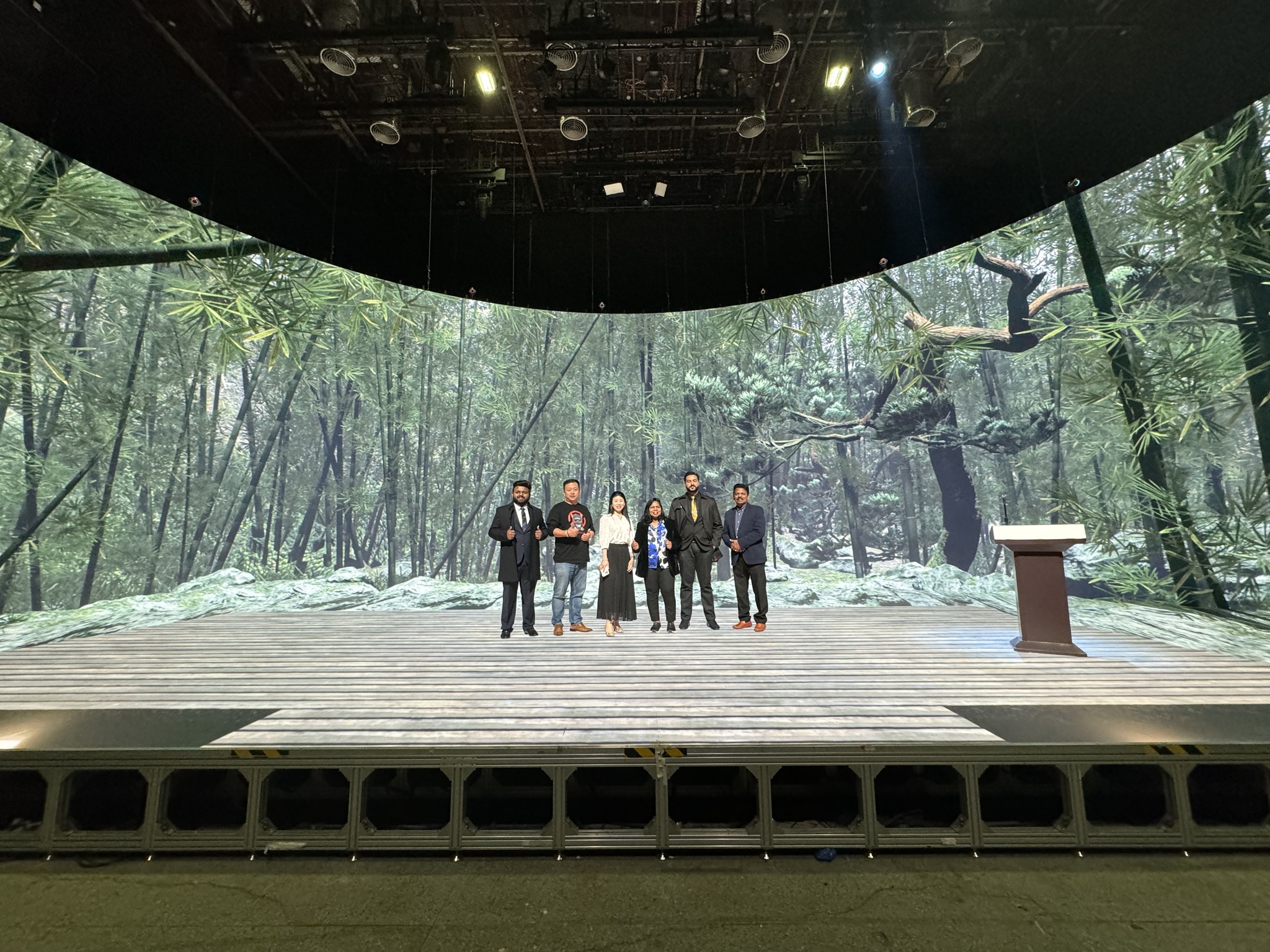AIBD-KCC Cooperation Agreement-2010
The Korea Communications Commission (KCC) and AIBD recently signed an agreement of cooperation on capacity building initiatives in ICTs benefiting Asia-Pacific broadcasters. As part of this cooperation, KCC organised two training courses – (i) Digital Switchover and Convergence Policy from 6-14 July 2010 and (ii) Broadband and Broadcasting Technologies from 14-22 October 2010, both held in Seoul.
The Korea Communications Commission (KCC) and AIBD recently signed an agreement of cooperation on capacity building initiatives in ICTs benefiting Asia-Pacific broadcasters. As part of this cooperation, KCC organised two training courses – (i) Digital Switchover and Convergence Policy from 6-14 July 2010 and (ii) Broadband and Broadcasting Technologies from 14-22 October 2010, both held in Seoul.
(i) Digital Switchover and Convergence Policy from 6-14 July 2010
This course focused on core transition issues from analogue to digital broadcasting, the subject of extensive discussions among broadcasters in the region. Participants were introduced to Korean policies related to the country’s digital switchover, issues on digital TV technology, digital content in the media convergence era, and strategy and vision of IPTV. They learned how these policies have helped Korean broadcasters/ service providers prepare themselves for the smooth transition.
[img_assist|nid=977|title=Participants in Group|desc=|link=none|align=right|width=191|height=126]
They also were exposed to various digital TV technologies like HDTV, 3D TV and Mobile IPTV, and innovative services that are coexisting, competing and supplementing each other to address the needs of different market segments. The success of Triple Play Services in Korea using innovative business models is another convergence experience that has generated a lot of interest among the participants.
[img_assist|nid=974|title=Participants attending to workshop|desc=|link=none|align=left|width=186|height=125]
The course also provided the broadcasters field tours to the Korean Broadcasting System, the Exhibition on DTV Korea and the Digital Pavilion. Some 23 broadcasting professionals from 15 different countries took part in the course, providing them opportunities to resolve some doubts concerning the digital television roll out.
(ii) Broadband and Broadcasting Technologies from 14-22 October 2010 in Seoul.
The second training course covered mobile communications, broadband technologies, their applications in broadcasting and the need to create a secure and reliable nationwide broadband network.
Korea is a leader in the mobile communication technology, particularly in CDMA technology and broadband applications. Among the mobile TV services it offers are the T-DMB as free service and S-DMB as paid service. As a DTTV service it uses ATSC system.
Technical is[img_assist|nid=978|title=Participant during activity|desc=|link=none|align=left|width=187|height=125]sues in the mobile TV growth were discussed; among them, wireless communication network capacity; standards and compatibility; battery life / spectrum; quality of multimedia content. On the business concerns, the course examined availability and price of the device, business plan / cost of network maintenance, building the customer base, contents’ rights; competition from alternative technologies, service availability and marketing support.
It was stressed that among technologies, “easy to use multi-standard receivers and terminal equipment are the key to success”.[img_assist|nid=980|title=Classroom|desc=|link=none|align=right|width=192|height=129]
The prospects of digital broadcasting technologies in Korea are enormous. While most of the countries in this region are struggling to introduce DTV, HDTV & normal IPTV services, Korea has been eyeing 3DTV without glasses, multi-angle 3DTV without glasses, mobile IPTV, S-DMB (with interactivity), UHDTV, etc.
In the future Korea’s broadband network infrastructure will migrate to All-IP, All-Optic network that will converge voice with data, fixed phone with mobile phone and Internet with real time TV.
The training provided the participants opportunities to know more about telecom technologies including the concept of Smart TV, Google TV, 3 Screen, Apple TV, Internet TV, Connected TV, etc. useful in the convergence landscape.




